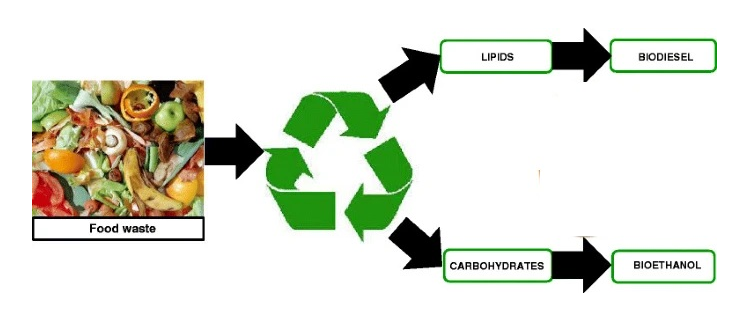Dr Sanjib Kumar Karmee
During the 74th I-Day speech, Prime Minister Narendra Modi has highlighted the successful examples of how India’s capabilities are explored. Among other things, he noted, “We are emphasising on increasing the use of ethanol to reduce pollution caused by petrol. Five years ago, there used to be only 40 crore litres of ethanol production. It has risen by five times. Today, we are producing 200crore litres of ethanol.” This is certainly a way forward for the nation. The state of Odisha has special significance in this context.
In general, biofuel is derived from biomass or carbon-containing non-edible sources. Biofuel can be solid (pellets and briquettes), liquid (bio-ethanol, biodiesel and bio-oil) or gaseous (bio-gas, syn-gas, and pyro-gas) in nature. This is a potential carbon-neutral fuel and widely used in the US and European nations, as also several other countries. Its importance is increasingly evident. In India, biofuels are sold commercially in some filling stations.
Like every year, this time too, the World Biofuel Day was observed on August 10 to highlight the significance of biofuel as an alternative to conventional fossil-based fuels. The 2020 theme of World Biofuel Day was ‘Biofuels towards Atmanirbhar Bharat’. Eminent focus has been laid on exploitation of three different biofuels – viz bioethanol, biodiesel and biogas – to reduce the dependence on import of petroleum based fuels and gas.
Agro-residues available in Odisha can be used for biofuel production. The Union government has announced that Odisha will have a second generation bioethanol plant to produce ethanol from rice straw in Bargarh district. From recent reports, one learns that a Tata project has received an order from Bharat Petroleum Corporation (BPCL) for completion of this project. Successful implementation of this project will be a win-win situation for farmers and for the protection of the environment. Farmers from nearby villages can directly sell their agricultural residues to the plant. So far, this was either discarded or burnt.
Furthermore, municipal solid waste contains a significant amount of organic waste. Currently, these are not utilised and getting dumped as landfills. This generates a bad odour, causes leachate and emission of methane. Methane is toxic and a potent greenhouse gas. If separated properly from municipal solid waste, the organic waste/food waste can be used for bioethanol, biodiesel and biogas generation.Plastics can be recycled back to value-added materials or can be pyrolysed to pyro-oil (another liquid fuel).
There is plenty of scope for installation of municipal solid waste-to-energy (wealth) conversion plants in urban clusters of Odisha like Bhubaneswar, Cuttack, Berhampur, Sambalpur and Rourkela.
In various restaurants, cooking oil is over-used and this is leading to complex health issues. After-use cooking oil is a good feedstock for biodiesel production. Efforts need be made for collection of this waste and its utilization for biofuel production.
The Odisha government would do well by streamlining policies so that waste management and energy generation can take place in tandem. The state may focus on the following points: Frame separate policies for waste management and biofuel production; consider “segregation of municipal solid waste” as a part of its biofuel policy; separate different wastes at source by sensitizing local people, SHGs, NGOs and municipal authorities; organise vocational or professional training programmes on biofuels for different stakeholders; and promote decentralised small and medium scale biofuel generation plants.
To conclude, biofuels will not only help cut the nation’s import-dependence on fossil fuels but also ensure a sustainable environment along with creation of new jobs and generation of additional revenue for farmers. Policy makers are urged to work together to make renewable energy the main source of energy and create a greener Odisha.
The writer is a scientist based in Gujarat and an alumnus of IIT Madras.
